To provide the best experiences, we use technologies like cookies to store and/or access device information. Consenting to these technologies will allow us to process data such as browsing behaviour or unique IDs on this site. Not consenting or withdrawing consent, may adversely affect certain features and functions.
The technical storage or access is strictly necessary for the legitimate purpose of enabling the use of a specific service explicitly requested by the subscriber or user, or for the sole purpose of carrying out the transmission of a communication over an electronic communications network.
The technical storage or access is necessary for the legitimate purpose of storing preferences that are not requested by the subscriber or user.
The technical storage or access that is used exclusively for statistical purposes.
The technical storage or access that is used exclusively for anonymous statistical purposes. Without a subpoena, voluntary compliance on the part of your Internet Service Provider, or additional records from a third party, information stored or retrieved for this purpose alone cannot usually be used to identify you.
The technical storage or access is required to create user profiles to send advertising, or to track the user on a website or across several websites for similar marketing purposes.
 Behavioural insights combine psychology, neuroscience and behavioural economics with empirically tested results to understand and influence how people behave. These insights can be used to implement new policies more efficiently and successfully by nudging individual’s behaviour and shaping collective norms. More →
Behavioural insights combine psychology, neuroscience and behavioural economics with empirically tested results to understand and influence how people behave. These insights can be used to implement new policies more efficiently and successfully by nudging individual’s behaviour and shaping collective norms. More →




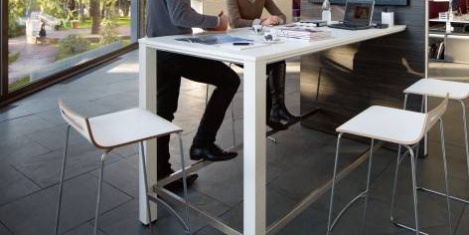
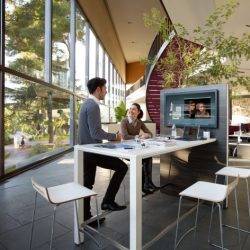
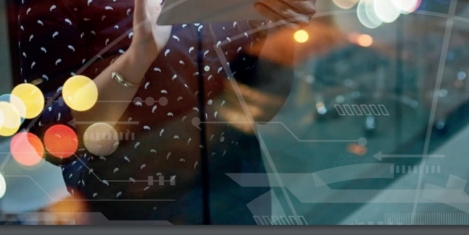




 New research from
New research from 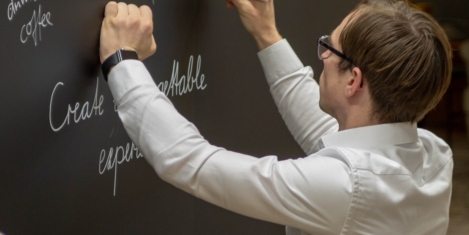
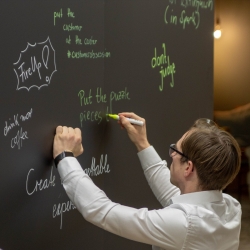






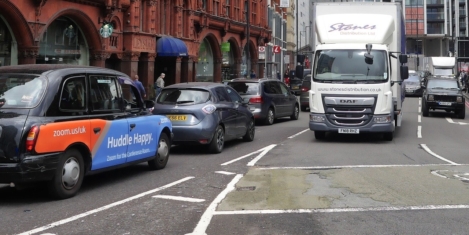
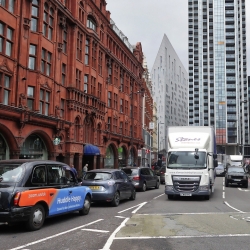 Outdoor workers in the capital are exposed to 15 percent more pollution than the average Londoner, new
Outdoor workers in the capital are exposed to 15 percent more pollution than the average Londoner, new 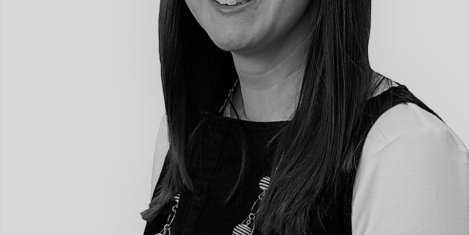











March 24, 2020
A shift in the workplace axis might be a welcome outcome of this crisis
by Luke Munro • Comment, Wellbeing, Workplace design